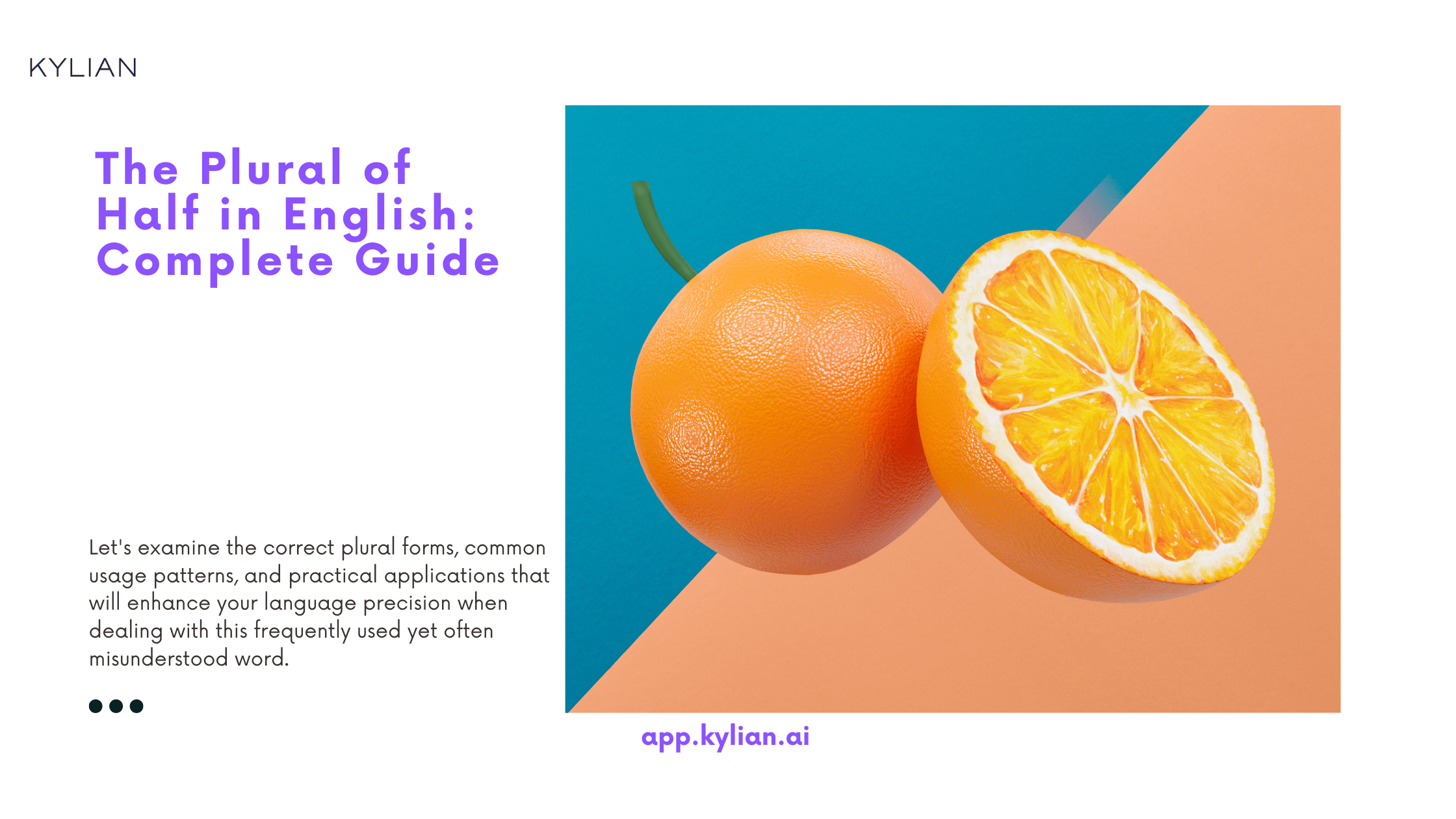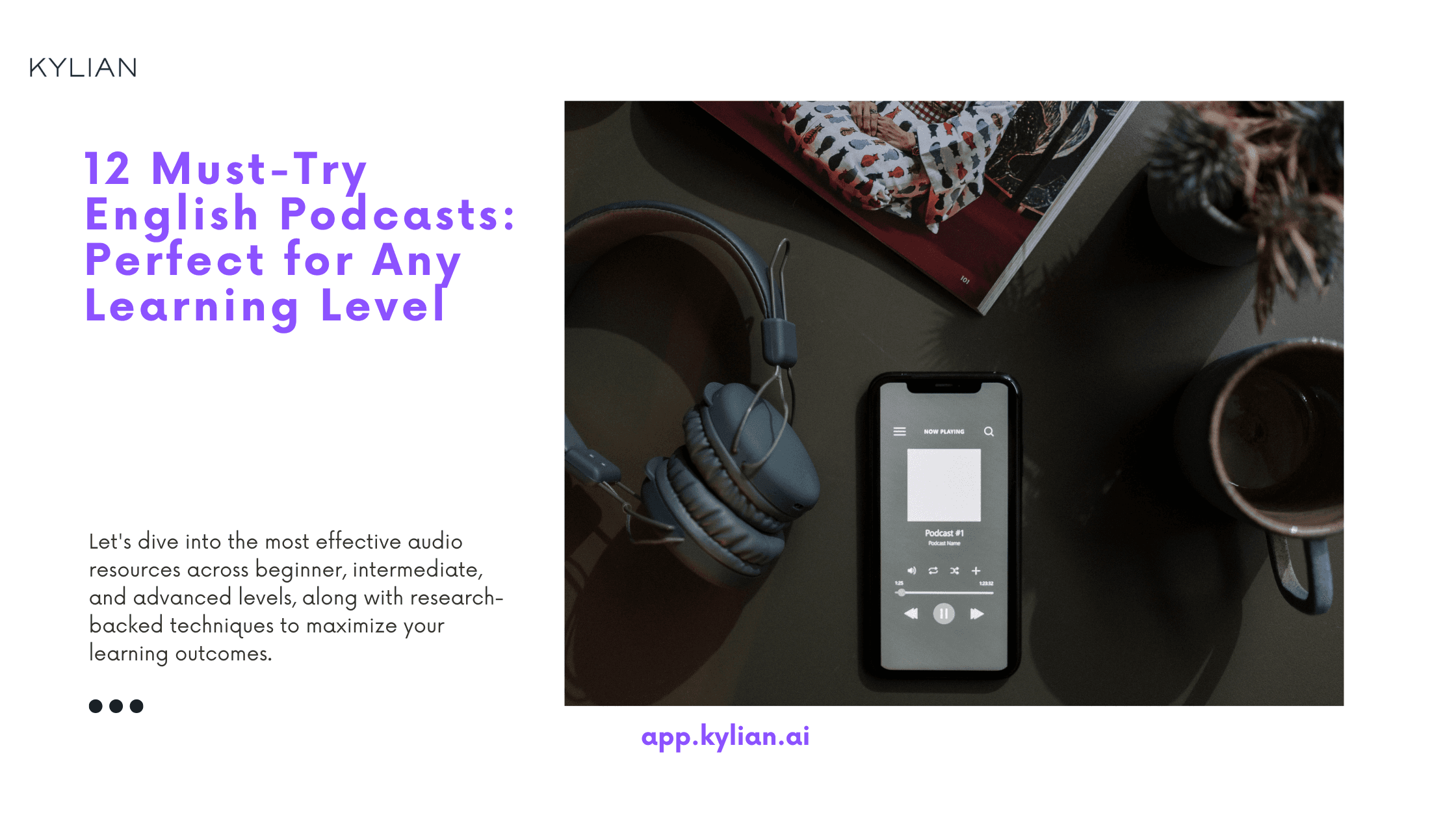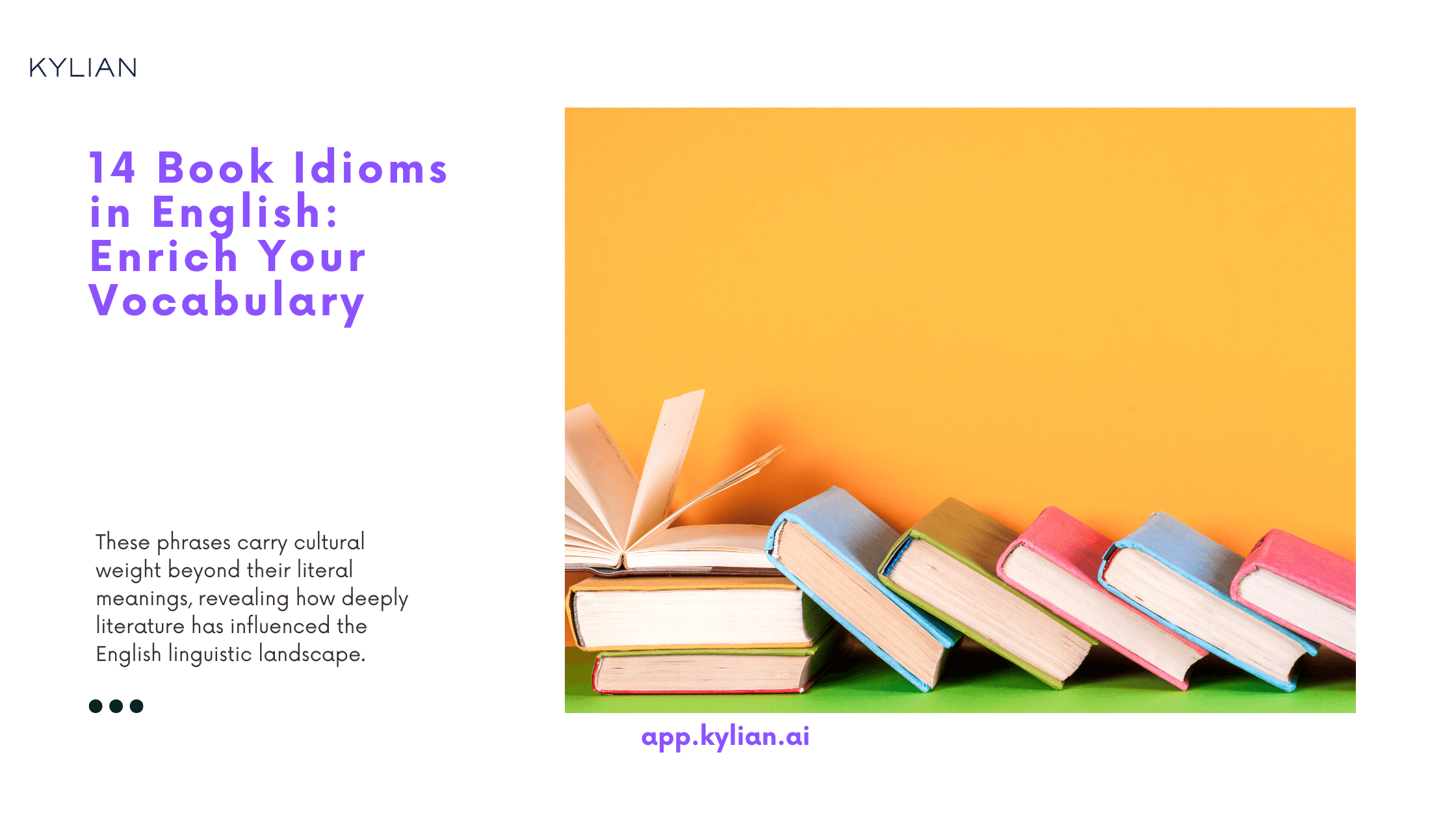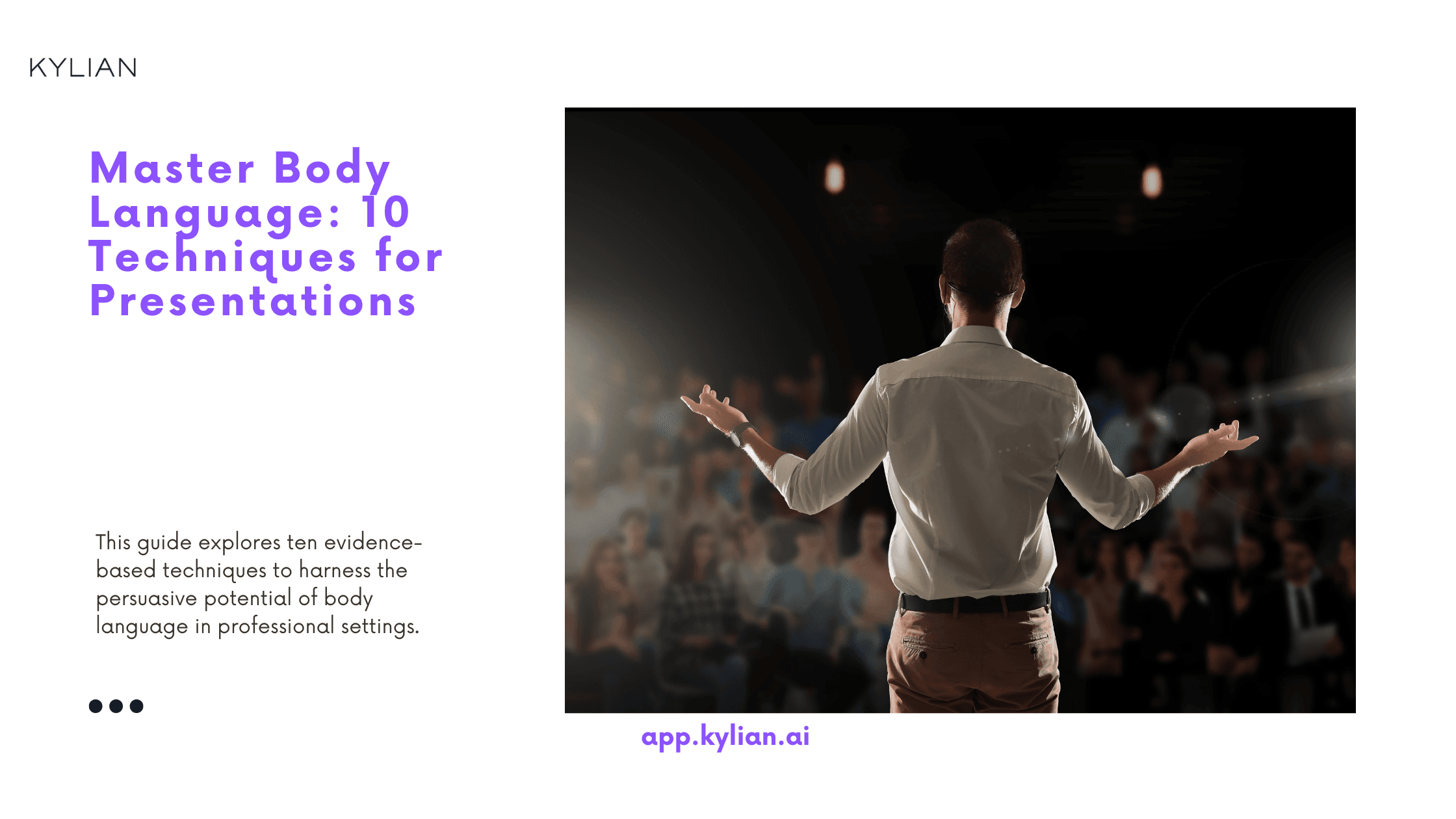

Direct and Indirect Speech: Rules for Clear Communication
Mastering the difference between direct and indirect speech represents a crucial milestone for anyone seeking proficiency in English grammar. These two speech forms govern how we report conversations and statements, dramatically influencing meaning, tone, and impact. Understanding when and how to convert between them enables more sophisticated writing and speaking abilities while preventing misrepresentation of others' words.


Going Through Something: What Does It Mean in English?
Communication transcends mere words—it's deeply embedded with cultural nuances and idiomatic expressions that carry implicit meaning. When someone says they're "going through something," the significance extends beyond the literal interpretation of moving through a physical space. This common English phrase encapsulates emotional journeys, personal challenges, and transformative experiences. Let's dissect this seemingly simple expression to understand its varied applications, appropriate contexts, and the emotional weight it carries in everyday English conversation.


Me Either vs Me Too in English: Know the Key Differences
Language nuances often determine the precision and effectiveness of our communication. Among these subtleties, understanding when to use "me either" versus "me too" represents a fundamental distinction that many English learners—and even native speakers—frequently misunderstand. The incorrect usage of these phrases can substantially alter your intended message and potentially create confusion during conversations. Rather than merely accepting these expressions as interchangeable, examining their grammatical functions, contextual applications, and inherent meanings reveals significant differences that impact effective communication. The distinction becomes particularly critical in professional settings, where linguistic precision carries greater weight. This comprehensive analysis explores the grammatical rules governing these expressions, examines their contextual applications through practical examples, and provides actionable strategies for mastering their usage.
![Pardon My French, What Does It Mean? [English]](/_next/image?url=https%3A%2F%2Fcdn.sanity.io%2Fimages%2F147z5m2d%2Fproduction%2Fa1d09047d9d8d0fd0e8b3425b9e856d9783682d9-2240x1260.png&w=3840&q=75)

Pardon My French, What Does It Mean? [English]
The English language continually evolves through cultural exchanges, historical events, and social dynamics. Among its many colorful expressions, "pardon my French" stands out as a phrase that reveals much about linguistic censorship and social etiquette. This seemingly innocent apologetic preface serves a specific communicative purpose: it functions as a peculiar disclaimer before using profanity or offensive language. Why examine this particular expression now? Because understanding the subtleties of such idioms provides critical insight into how language adapts to social constraints while allowing speakers to navigate taboo territories. This phrase exemplifies how English speakers have developed sophisticated mechanisms to acknowledge social boundaries even as they cross them. What Does "Pardon My French" Mean? "Pardon my French" operates as a preemptive apology—a linguistic device speakers deploy before uttering something potentially offensive. The expression creates a socially acceptable framework that acknowledges impropriety while paradoxically permitting it. The phrase serves dual purposes: it signals awareness of social norms while simultaneously creating space for their violation. This cognitive dissonance makes it particularly interesting from both linguistic and sociological perspectives. What makes this expression truly fascinating is its false attribution. Despite invoking French language as the supposed source of the offensive terminology to follow, the subsequent words rarely have any actual French origin. This mislabeling reveals deeper historical attitudes and cultural relationships between English and French speakers.


Came vs Come: Understanding the Differences and Contexts
The English language presents numerous challenges to learners and even native speakers, particularly when it comes to verb tenses and their correct application. Among these challenges, the distinction between "came" and "come" represents a fundamental grammatical concept that affects communication clarity and precision. These two forms of the same verb carry specific meanings tied to time references, and their misuse can significantly alter the intended message. Why does this distinction matter? Because effective communication hinges on temporal precision. When we fail to distinguish between past and present or future actions, we create confusion that undermines comprehension. The difference between "I come from Canada" and "I came from Canada yesterday" illustrates how these subtle variations dramatically change meaning. This comprehensive analysis examines the grammatical foundations, usage contexts, and practical applications of "came" versus "come," providing essential guidance for anyone seeking to elevate their English proficiency.


Effected or Affected in English: Understand the Difference
"Was I effected or affected by the news?" "Did the policy effect or affect change?" These grammatical quandaries frequently challenge even experienced writers. Despite their phonetic similarity, these terms serve fundamentally different functions in English communication. Misusing them diminishes clarity and can undermine your professional credibility. This comprehensive guide will dissect the differences between "effect" and "affect," equipping you with the analytical tools to deploy them with precision in your writing and speech.


Plural of Formula in English: Formulas or Formulae?
Words derived from Latin frequently challenge English speakers, and "formula" stands as a prime example of this linguistic phenomenon. When we need to reference multiple formulas, should we use "formulas" or "formulae"? This question extends beyond mere grammatical correctness—it reflects the evolving nature of English and how it incorporates terms from classical languages while adapting them to modern usage patterns. Understanding the correct plural form of "formula" matters particularly in academic, scientific, and professional contexts where precision in language reflects clarity of thought. The plural form you choose can signal your familiarity with formal conventions and potentially influence how your writing is perceived by specific audiences.


The Plural of Knife in English: Understanding Irregular Plurals
English irregular plurals present significant challenges to language learners and even native speakers. The word "knife" exemplifies this complexity perfectly. While regular English nouns form plurals by simply adding -s or -es, certain words like "knife" follow different patterns rooted in historical language evolution. Understanding these patterns has practical implications for clear communication and mastery of English grammar fundamentals. The distinction between "knifes" and "knives" represents more than a trivial spelling difference—it reflects the living nature of language and how grammatical rules evolve over centuries of usage. This guide examines the correct plural form of "knife," explores the linguistic reasons behind irregular plurals, and provides practical strategies for remembering these exceptions.


The Plural of Half in English: Complete Guide
Language precision matters. When discussing quantities, measurements, or portions, understanding how to correctly express the plural of "half" becomes critical for effective communication. This seemingly simple word reveals surprising complexity when used in different contexts across English variants. Whether you're writing academic papers, business correspondence, or casual conversations, knowing when to use "halves" versus "half" ensures your message conveys exactly what you intend. The rules governing this word reflect broader patterns in English language formation—patterns that illuminate why certain words follow standard pluralization while others take irregular forms. By mastering these nuances, you elevate not just your grammatical accuracy but your overall language proficiency. Let's examine the correct plural forms, common usage patterns, and practical applications that will enhance your language precision when dealing with this frequently used yet often misunderstood word.


Plural of Staff in English: Critical Grammar Analysis
Words with multiple meanings often present unique grammatical challenges. 'Staff' exemplifies this complexity, carrying distinct definitions across organizational, musical, and physical contexts. Each meaning brings its own rules for plurality, creating a nuanced grammatical landscape worth exploring. Understanding the correct plural form of 'staff' matters for precise communication in professional writing, academic discourse, and everyday language. Grammar precision differentiates novice from expert communicators, with proper pluralization serving as a marker of linguistic competence. This analysis examines the plural forms of 'staff' through different contexts, provides rules for correct usage, and addresses common mistakes to elevate your communication effectiveness.


Gomawo vs Kamsahamnida: Korean Thank You Expressions
Learning to express gratitude stands as a fundamental pillar when acquiring any language. Korean, with its nuanced system of formality and respect, offers multiple ways to say "thank you," each carrying distinct social implications. Two primary expressions—"gomawo" (고마워) and "kamsahamnida" (감사합니다)—reflect Korean society's hierarchical nature and complex social dynamics. This distinction proves critical for Korean language learners aiming for cultural fluency beyond mere vocabulary acquisition. The choice between these expressions reveals your understanding of social relationships and demonstrates respect appropriate to various contexts.


On December or In December: Understand the Difference
Prepositions shape how we express time in English. Among the most frequently confused are "on" and "in" when referring to the month of December. While seemingly trivial, the distinction carries significant implications for precision in communication. Let's examine the rules, usage patterns, and practical applications of these prepositions to enhance your English fluency.


The Plural of Forum in English: Forms vs Forums
Communication platforms have evolved dramatically throughout history, from ancient Roman public squares to today's digital discussion boards. At the core of these spaces lies the concept of a "forum" – a gathering place for exchange of ideas. But when referring to multiple such platforms, should we say "forums" or "fora"? This question leads us into the fascinating realm of English pluralization rules and their classical language exceptions.


The Meaning of "Nandemonai" in Japanese
The Japanese expression "nandemonai" carries layers of meaning that extend far beyond its literal translation. Understanding this phrase opens a window into Japanese communication patterns, social etiquette, and cultural values. Let's explore what makes this seemingly simple expression so complex and significant in Japanese language and society.


Discover The Rudest Cities in America: A study
Regional cultural differences create distinct behavioral patterns across American cities, influencing how residents interact in public spaces and with strangers. Understanding these differences provides critical insight for travelers, newcomers, and those studying American cultural geography. A recent comprehensive survey gathered responses from 1,500 residents across the 30 largest metropolitan areas in the United States, asking them to evaluate the rudeness levels in their communities. The results paint a fascinating picture of perceived civility—or lack thereof—across urban America.


Japanese Language Levels: Your Complete Mastery Guide
Learning Japanese demands strategic commitment. Understanding the established Japanese language proficiency levels provides clarity for your learning journey and helps you measure tangible progress against standardized benchmarks.


English Language Statistics: Global Speaker Numbers
The position of English as a global language continues to shape international communication, business, technology, and education. Understanding the true scale and impact of English requires looking beyond anecdotal evidence to examine concrete data on its worldwide presence. This analysis explores the current state of the English language globally, examining not just raw speaker numbers but also critical factors like educational integration, official status across nations, and the motivations driving its acquisition.


Polish Greetings: Different Ways to Say "How Are You"
Polish conversational skills begin with understanding the nuanced ways to ask "How are you?" Despite the common stereotype that Poles avoid small talk, the language offers a rich variety of expressions to inquire about someone's wellbeing. This linguistic diversity reflects the culture's emphasis on meaningful conversation starters rather than perfunctory greetings.


12 Must-Try English Podcasts: Perfect for Any Learning Level
Finding the perfect English podcast feels like searching for a needle in a digital haystack. With thousands of options competing for your attention, how do you identify which ones actually deliver meaningful language growth? Research suggests that consistent podcast listening can dramatically improve language acquisition by exposing learners to authentic speech patterns, varied vocabulary, and cultural nuances that textbooks simply cannot replicate. A 2023 study from the University of Cambridge found that language learners who incorporated podcasts into their study routine improved their listening comprehension by 32% compared to those using traditional methods alone. But not all podcasts are created equal. The key is finding content that hits your personal learning sweet spot — challenging enough to push your boundaries, yet accessible enough to maintain engagement. Whether you're taking your first steps into English learning or polishing near-native fluency, this carefully curated collection of podcasts will accelerate your progress. Let's dive into the most effective audio resources across beginner, intermediate, and advanced levels, along with research-backed techniques to maximize your learning outcomes.


21 Best Websites To Learn Spanish in 2025: Choose wisely
Learning Spanish offers significant advantages in today's global landscape. With over 460 million native speakers worldwide and official status in 21 countries, Spanish proficiency opens doors to cultural understanding, career advancement, and cognitive benefits. The question isn't whether to learn Spanish, but rather how to do it effectively. Online learning platforms have revolutionized language acquisition, offering flexibility and accessibility previously unimaginable. But which platforms genuinely deliver results? After analyzing user experiences, pedagogical approaches, and effectiveness metrics, we've identified the 20 most impactful Spanish learning websites for 2025. This analysis examines pricing structures, learning methodologies, content quality, and user experience to help you make an informed decision based on your specific learning needs.


14 Book Idioms in English: Enrich Your Vocabulary
Language evolves constantly, shaped by cultural references and everyday objects that form the foundation of idiomatic expressions. Books—as vessels of knowledge, storytelling, and human experience—have naturally inspired numerous English idioms that reflect our relationship with literature and learning. For English language learners and enthusiasts alike, mastering these book-related idioms offers a gateway to more authentic, nuanced expression. These phrases carry cultural weight beyond their literal meanings, revealing how deeply literature has influenced the English linguistic landscape.


Some Intersting English Phrases with the Word "Deal"
Understanding idiomatic expressions is crucial for language mastery. The word "deal" appears in numerous English phrases that enrich conversational fluency and provide cultural insight. Let's explore these expressions, their meanings, and how to effectively incorporate them into everyday communication.


Master Body Language: 10 Techniques for Presentations
Body language speaks volumes before a single word leaves your mouth. When you stand before colleagues, stakeholders, or clients, your nonverbal cues transmit critical information about your confidence, credibility, and conviction. Research shows that over 55% of communication is nonverbal, making your physical presence a powerful tool for professional success. This guide explores ten evidence-based techniques to harness the persuasive potential of body language in professional settings. Each strategy is designed to enhance your executive presence and ensure your silent communication reinforces rather than undermines your message.


Learn Korean Sentence Structure: A Comprehensive Guide
Mastering sentence structure forms the foundation of Korean language proficiency. Unlike English's subject-verb-object (SVO) pattern, Korean follows a subject-object-verb (SOV) arrangement that fundamentally alters how thoughts are expressed. This structural difference creates an initial hurdle for English speakers, but with strategic practice, the pattern becomes second nature. The systematic approach to Korean grammar provides learners with a clear framework that, once understood, makes complex communication possible with remarkable efficiency. By examining the core principles that govern Korean sentences, you'll develop the analytical skills needed to construct meaningful expressions beyond memorized phrases.